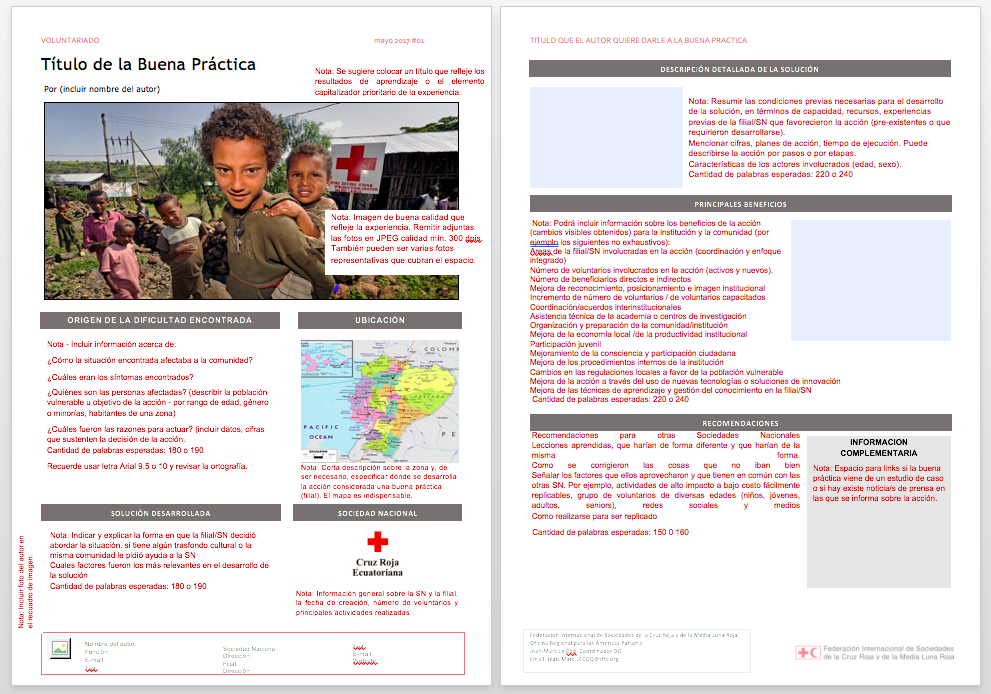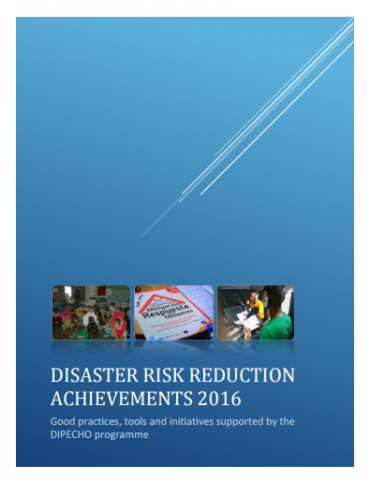Guías para el Uso de las Redes Sociales
Mientras que la comunicación de parte de la organización es la principal responsabilidad del departamento de comunicaciones, el equipo de gerentes senior reconoce que otros miembros del personal pueden contribuir también a los objetivos de la organización al utilizar redes sociales. Estas guías están diseñadas para proveer consejos útiles y también para proteger a la […]
Guías para el Uso de las Redes Sociales Read More »


